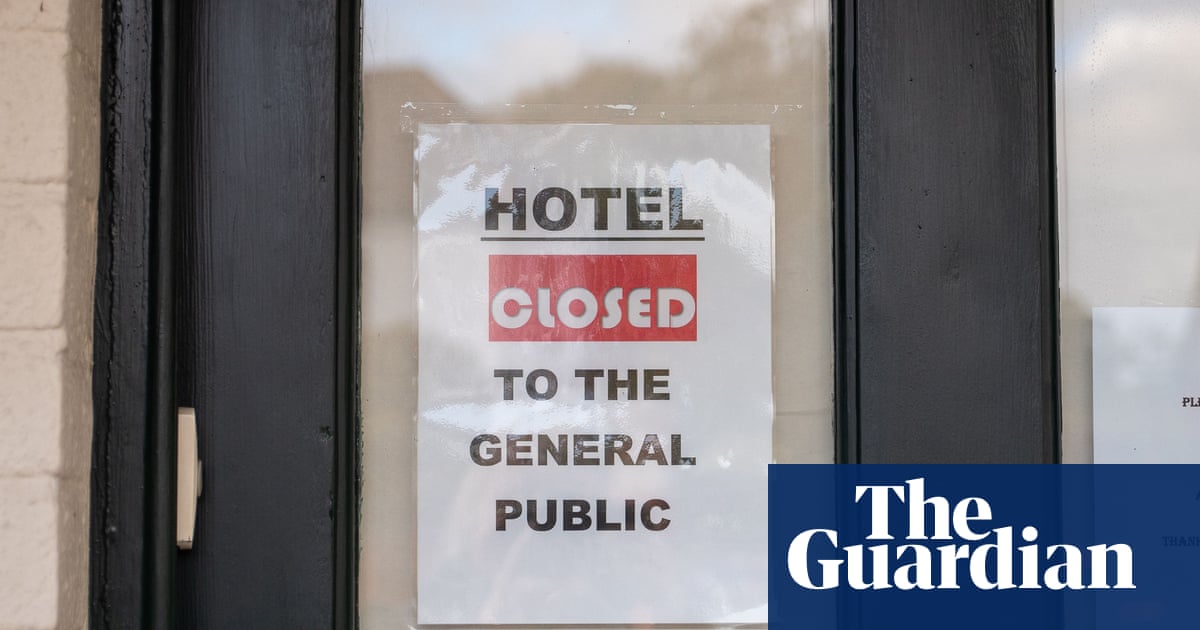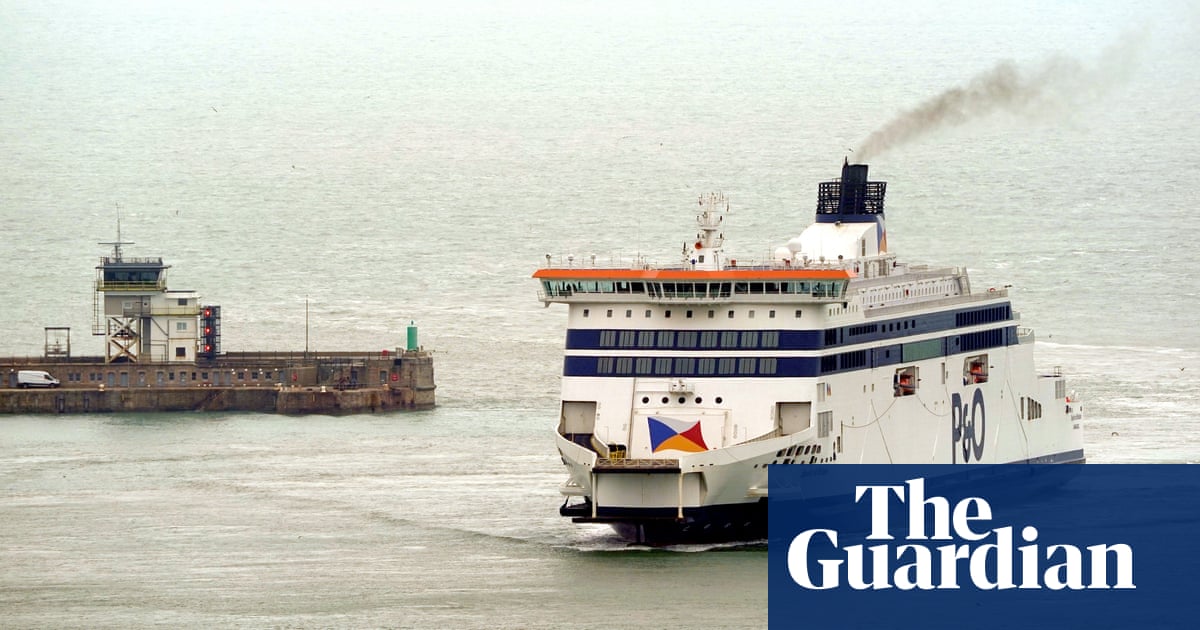
People who cross the Channel in small boats to claim asylum could be tagged on arrival under Home Office plans, it has emerged.
The home secretary, Priti Patel, is expected to announce the plan early in the new year as part of her overhaul of the immigration system.
According to a government source familiar with the proposal, ministers believe that making working-age people wear tags while their asylum claims are processed would make it harder for them to work illegally during this period, reducing the UK’s “pull factor”.
Ministers also believe tags would stop people absconding during the application process. The government wants more people whose asylum applications are rejected to be removed from the country, although absconding is only one factor and there are significant legal reasons why removal numbers are low, including the UK’s post-Brexit withdrawal from the Dublin agreements, which enabled people to be returned to EU countries they had travelled through.
More than 27,000 people have arrived in the UK this year by crossing the Channel on small boats, up from 8,500 in 2020, and Patel has faced strong criticism, particularly from within the Conservative party, for not doing more to curb these numbers.
Under her “new plan for immigration”, linked to the nationality and borders bill, which begins its passage through the House of Lords in January, the Home Office wants to make illegal entry into the UK harder, simplify and speed up the processing of asylum claims and remove more people whose claims fail.
The plan to tag people whose claims are being considered, first reported in the Sun, is likely to be piloted before being rolled out more widely. Sources claim new legislation is not required because powers to require asylum seekers to wear tags are already available.
Under the “new plan for immigration”, the Home Office wants to ensure all asylum seekers are accommodated in reception centres, instead of hotels, while their claims are processed. It is understood that tagging would be part of this, with asylum seekers subject to restrictions on their movements.
One source argued that making it more difficult to work illegally would protect people from modern slavery-type exploitation.
In the autumn, in response to growing concern about the number of people crossing the Channel on small boats, Boris Johnson asked Steve Barclay, the Cabinet Office minister, to review whether more could be done across government to address the issue. The tagging plan may be one of the first outcomes to be announced from this process.
Last month the Home Office admitted that only five people crossing the Channel on small boats had been returned to Europe this year.
On Thursday the Home Office declined to comment on the tagging plan. It referred journalists to a comment from Tom Pursglove, an immigration minister, who said: “The nationality and borders bill will make it a criminal offence to knowingly arrive in the UK illegally and introduce life sentences for those who facilitate illegal entry.”
The head of the Refugee Council, Enver Solomon, said: “Reports today of plans to tag and curfew people seeking asylum of working age smack of desperation from a government that doesn’t know how to manage our asylum system in an orderly, effective and, most importantly, humane way.
“Treating innocent men, women and young adults who have fled war and persecution like criminals is cruel, draconian and punitive that sets a new and unprecedented low in the UK’s approach to responding to people in desperate need. It won’t act as a deterrent nor stop people making dangerous journeys across the Channel. Instead the government needs to create more safe routes for people and ensure everybody who reaches our shores is treated with humanity and given a fair hearing on UK soil.”
Minnie Rahman, the interim chief executive of the Joint Council for the Welfare of Immigrants, said: “The government seems bent on pursuing ever more desperate and draconian measures like electronic tags, which are disproportionate and aimed at solving a problem that simply does not exist.
“The government continues to ignore the evidence, and would rather turn their backs on the vulnerable people we should be protecting. Instead we need a faster and more efficient asylum system that provides people with safe routes to the UK, and which allows refugees to rebuild their lives as part of our communities.”












